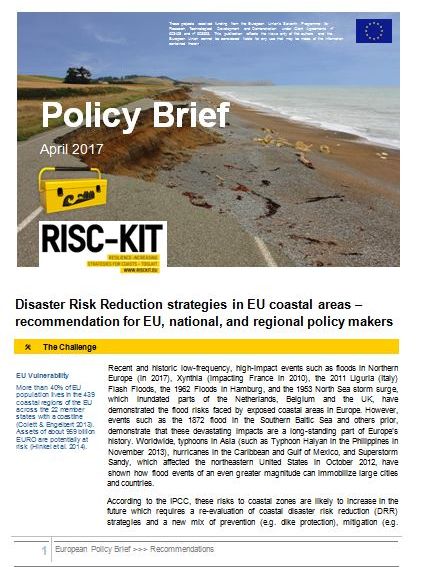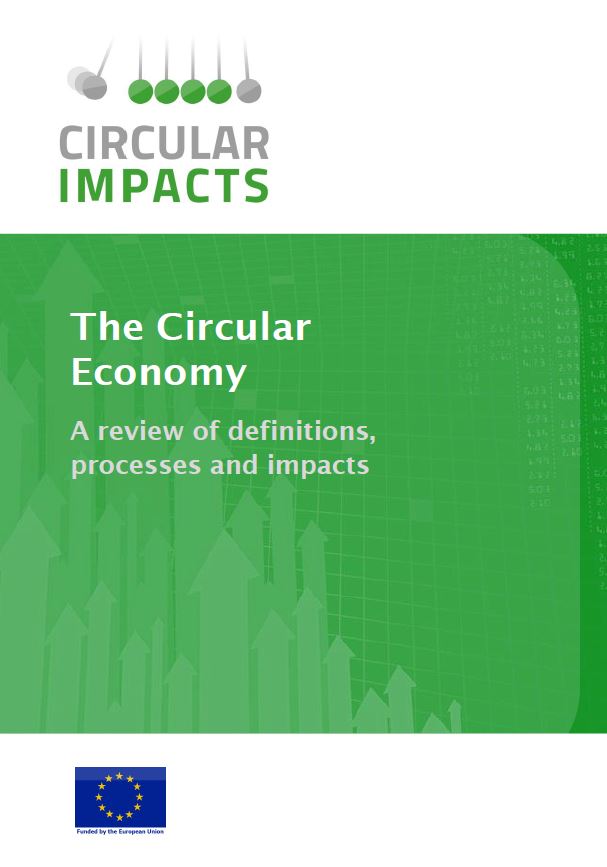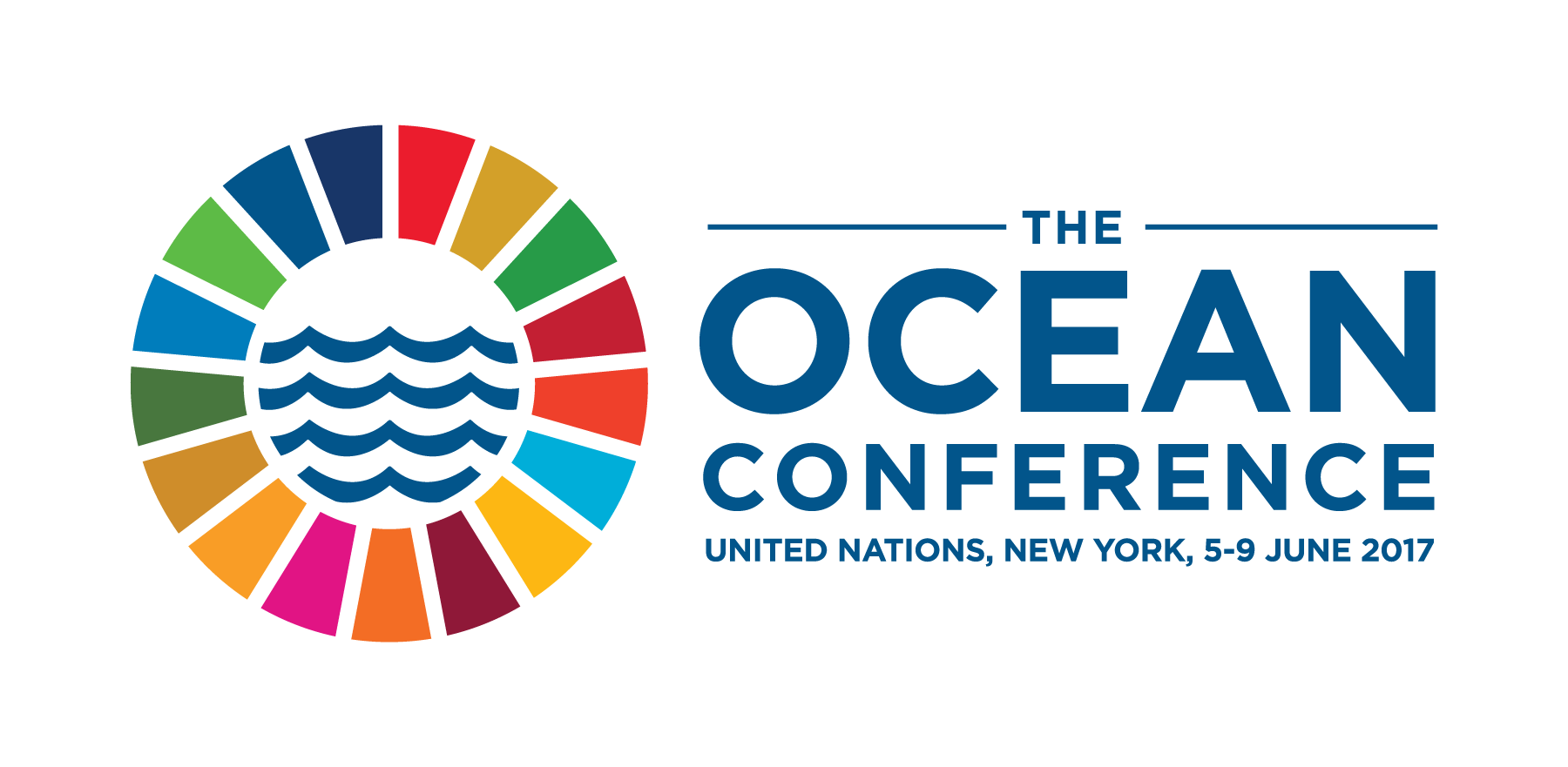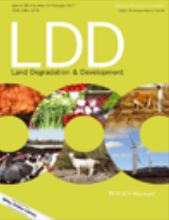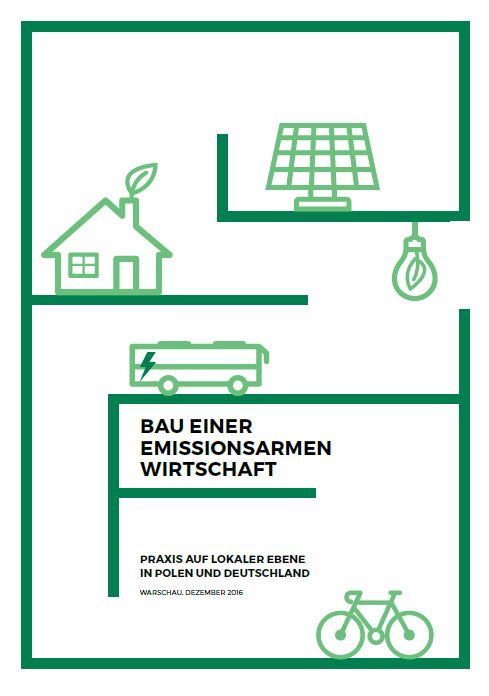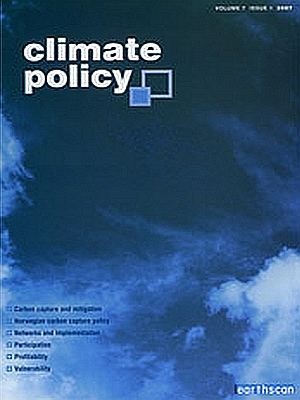Event:Workshop
Publication:Policy Brief
Disaster Risk Reduction Strategies in EU Coastal Areas
Recommendation for EU, National, and Regional Policy Makers
Year
Read morePublication:Report
Publication:Policy Brief
Publication:Video
Project
Publication:Article
Event:Discussion
Presentation:Lecture
Publication:Report
Bau einer emissionsarmen Wirtschaft
Praxis auf lokaler Ebene in Polen und Deutschland
Year
Read morePublication:Book Section
Publication:Article
